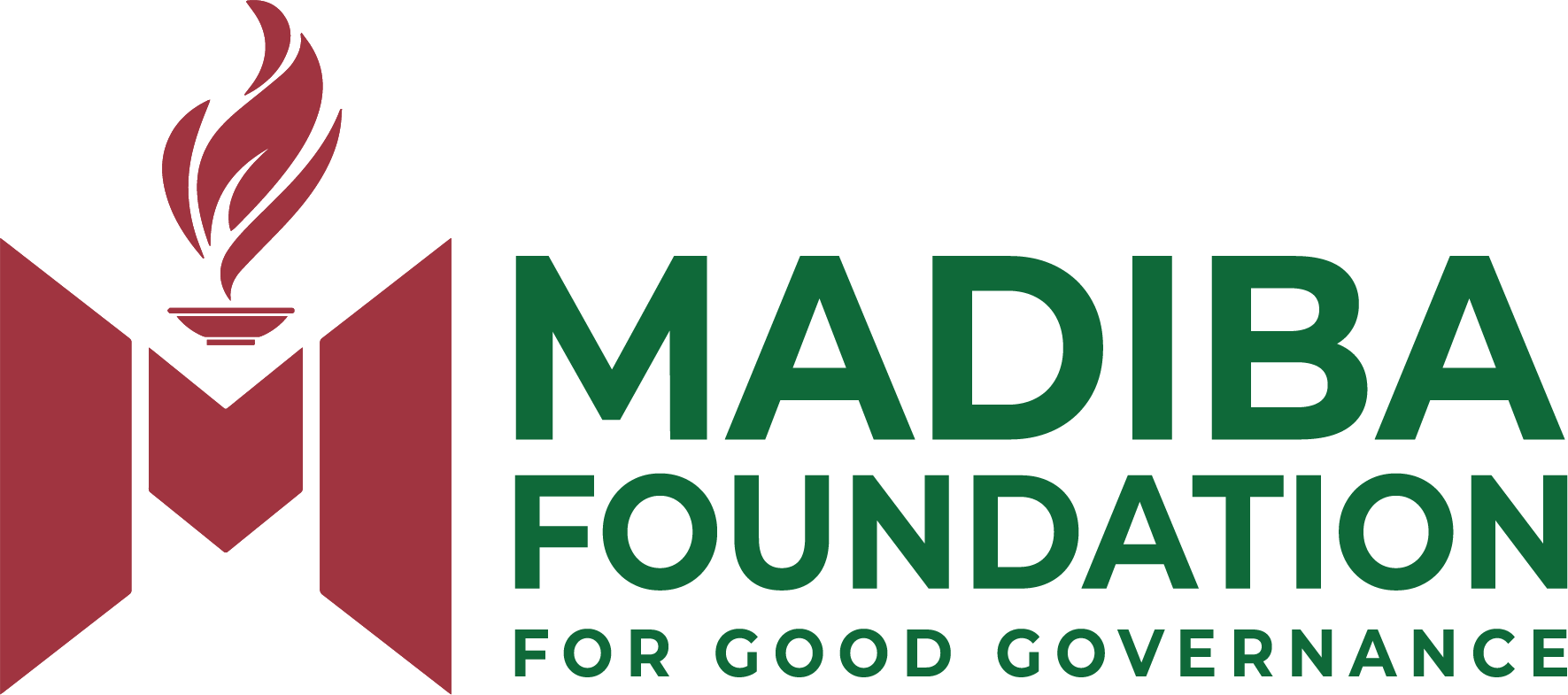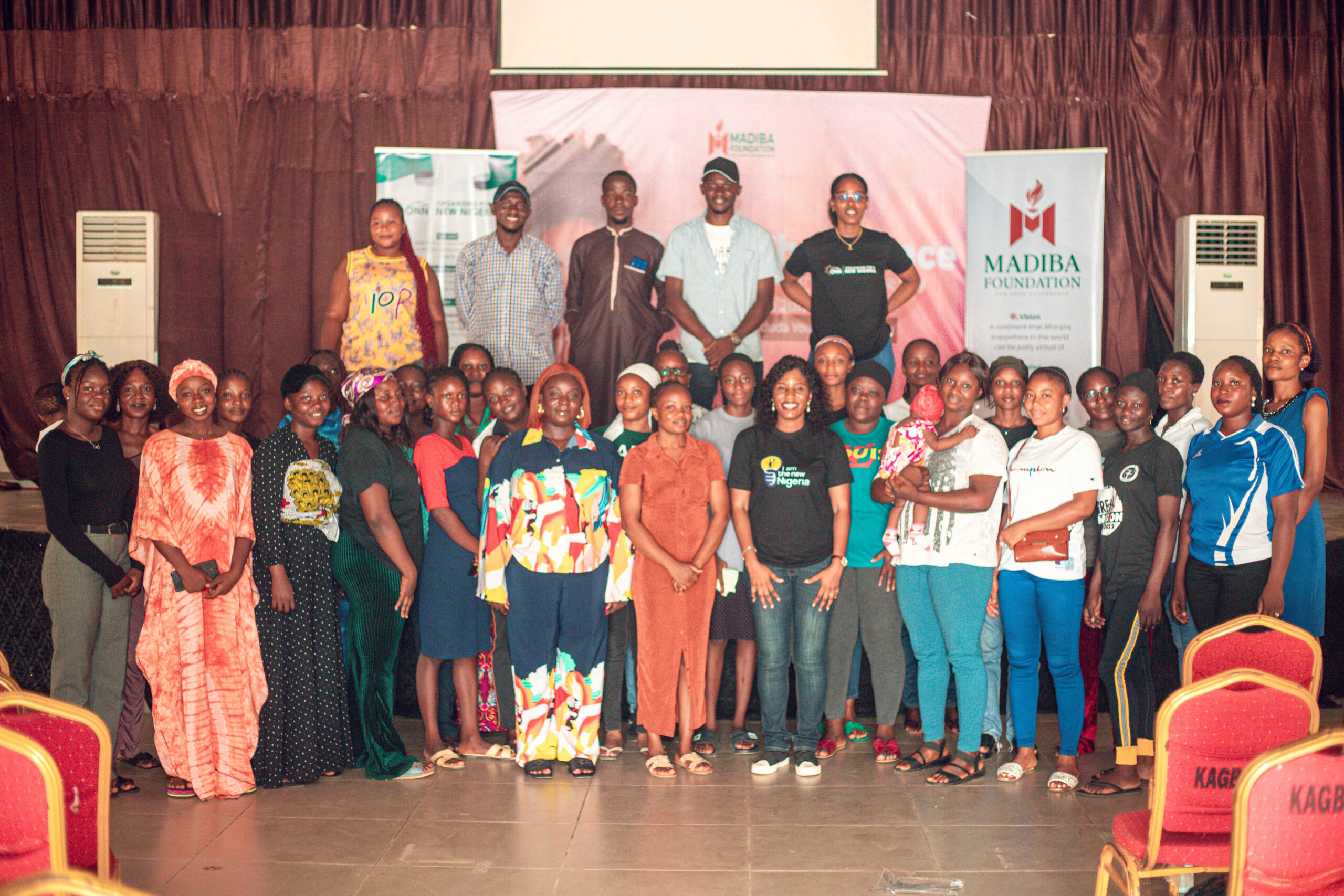The Madiba Foundation for Good Governance partnered with the Karu Gbagyi Development Association (KAGBADA) to host an event at the Jummai Aduda Youth Center in Karu, Nigeria. This collaboration, aligned with Menstrual Hygiene Day, aimed to educate and empower local women about the importance of proper menstrual hygiene.
The success of the event was attributed to its thorough approach to educating about menstrual health. Participants discovered that having access to safe and affordable sanitary products is not only about comfort but also plays a crucial role in reducing the risk of infections. The long-term advantages of practising good menstrual hygiene were highlighted, including its potential to lower teen pregnancy rates, enhance maternal health, and contribute to overall reproductive well-being.
One of the main messages delivered was about the significant health risks linked to poor menstrual hygiene. Attendees were informed that improper practices could result in reproductive and urinary tract infections, which could potentially affect future fertility and make childbirth more complicated. The session also emphasized the importance of hand hygiene, pointing out that neglecting to wash hands after changing menstrual products can spread infections such as hepatitis B and thrush.
The event did not just raise awareness; it also offered practical and actionable advice for maintaining menstrual hygiene. Women were advised to wear breathable clothing such as cotton underwear, change menstrual products regularly, and keep their genital area clean. It was recommended to use unscented hygiene products to avoid irritation. In addition, the significance of staying hydrated and scheduling regular health check-ups was emphasized, along with the importance of tracking menstrual cycles.
During the session, we spent a lot of time helping everyone understand different menstrual hygiene products such as pads, cloths, tampons, and menstrual cups. This knowledge helped women feel more confident in choosing the right products that fit their needs and lifestyles.
A new concept was introduced during the session – menstrual cycle beads. This simple yet effective tool helps women track their cycles by moving a ring along beads of different colours, representing different menstrual cycle phases. This method can help women predict their periods, understand their cycle lengths, and identify any irregularities that might require medical attention.
The success of this event lies not just in the information shared, but in the open and supportive environment created. By hosting this session, the Madiba Foundation and KAGBADA have taken a significant step towards destigmatizing menstruation and promoting women’s health in Karu. This initiative serves as a shining example of how community-based organizations can drive meaningful change. Focusing on a topic often shrouded in silence and misunderstanding empowered women with knowledge, promoted better health practices, and paved the way for more open conversations about menstrual health.
“As we progress, it is evident that grassroots efforts are crucial in ensuring that no woman or girl is hindered by a lack of information or access to proper menstrual hygiene. The positive impact of this initiative will undoubtedly help in creating healthier, more empowered communities in Karu and beyond.”

